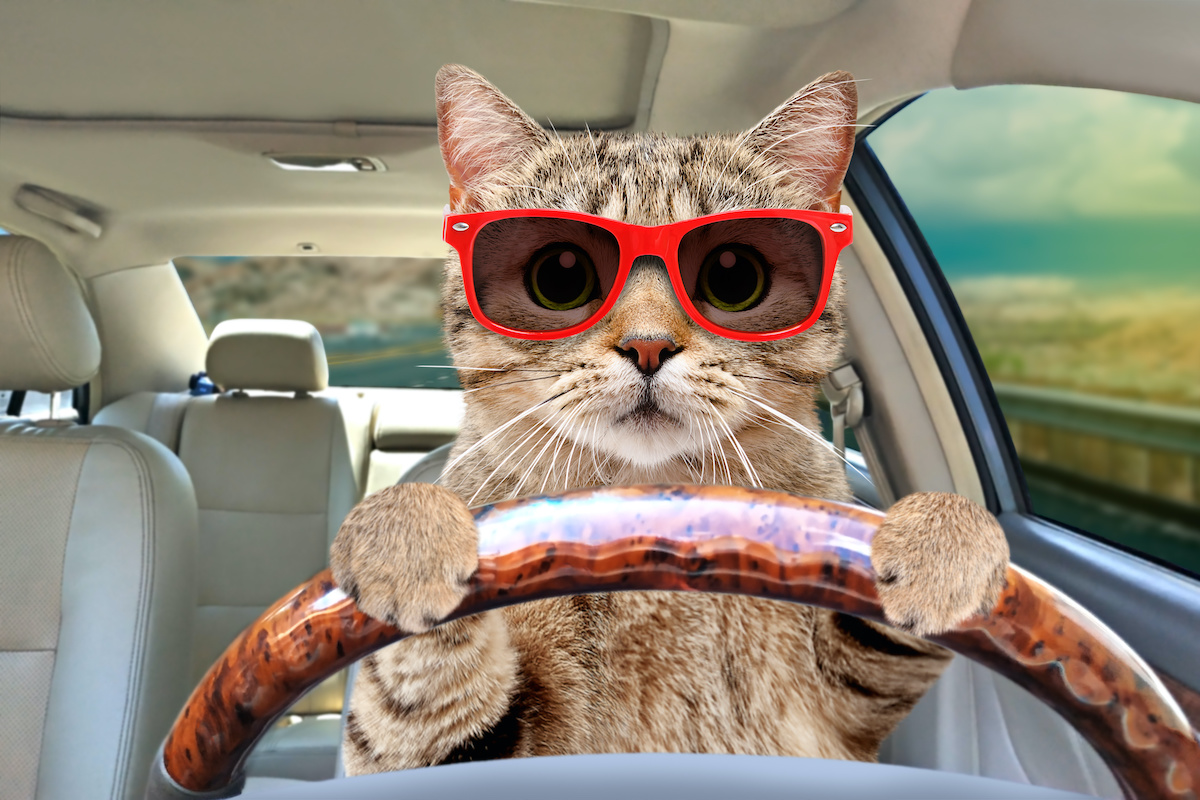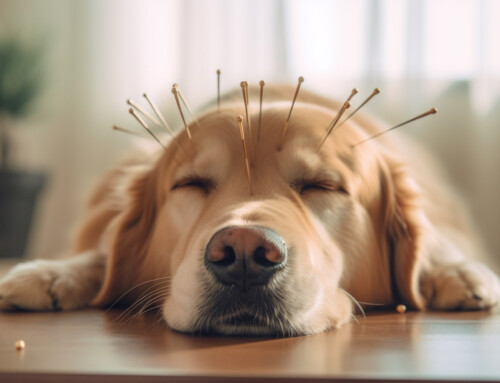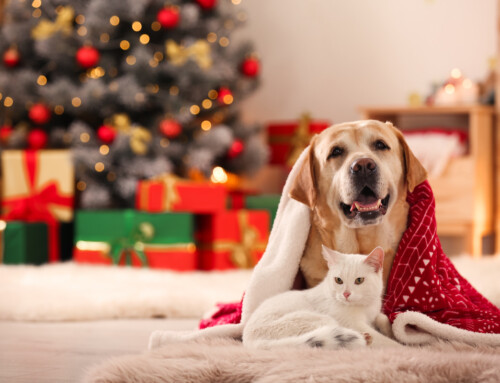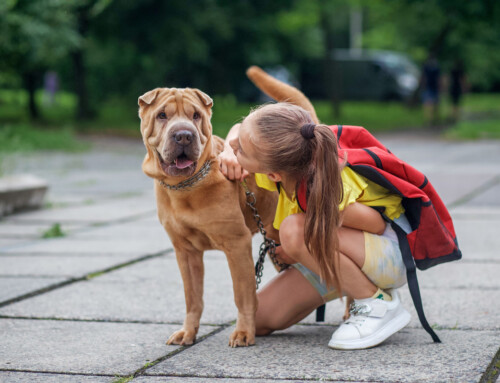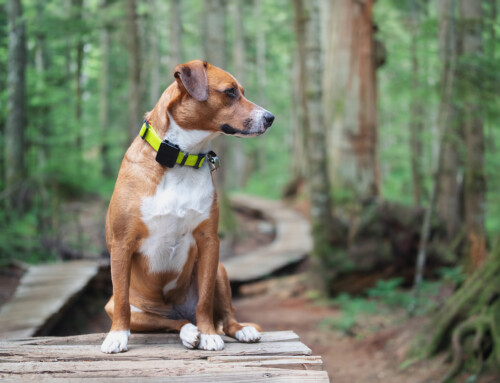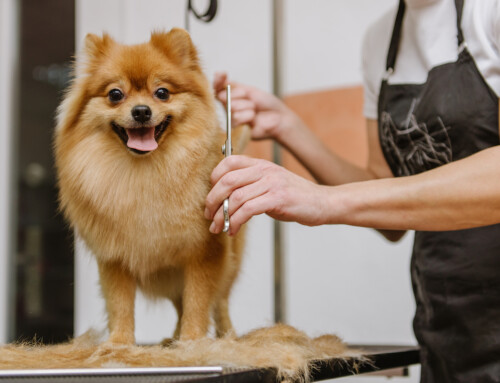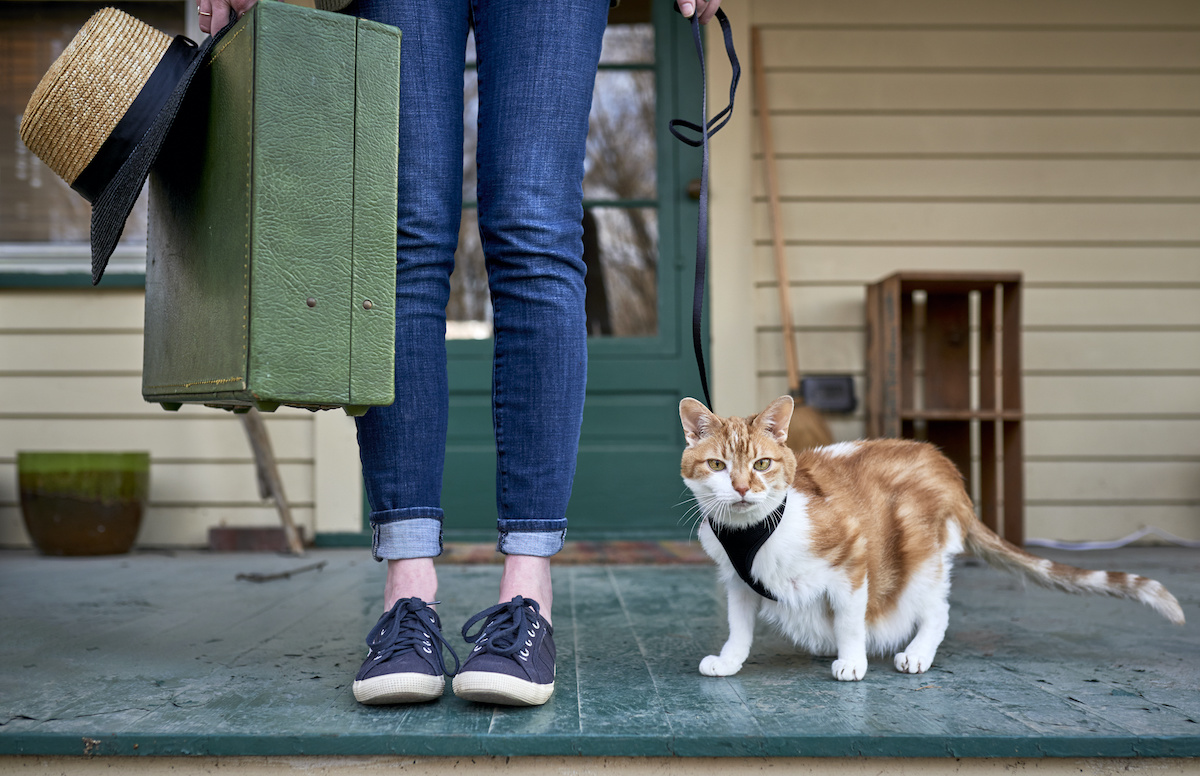 Will your cat be anxiety-stricken when you jet off on your post-COVID-19 vacation? You may think that your upcoming travel plans won’t affect your cat, but it’s actually quite common for cats to get separation anxiety. Learn to recognize the signs of cat anxiety and follow our tips to help your cat cope while you’re enjoying a well-deserved vacation.
Will your cat be anxiety-stricken when you jet off on your post-COVID-19 vacation? You may think that your upcoming travel plans won’t affect your cat, but it’s actually quite common for cats to get separation anxiety. Learn to recognize the signs of cat anxiety and follow our tips to help your cat cope while you’re enjoying a well-deserved vacation.
Anxious Kitty! It’s True!
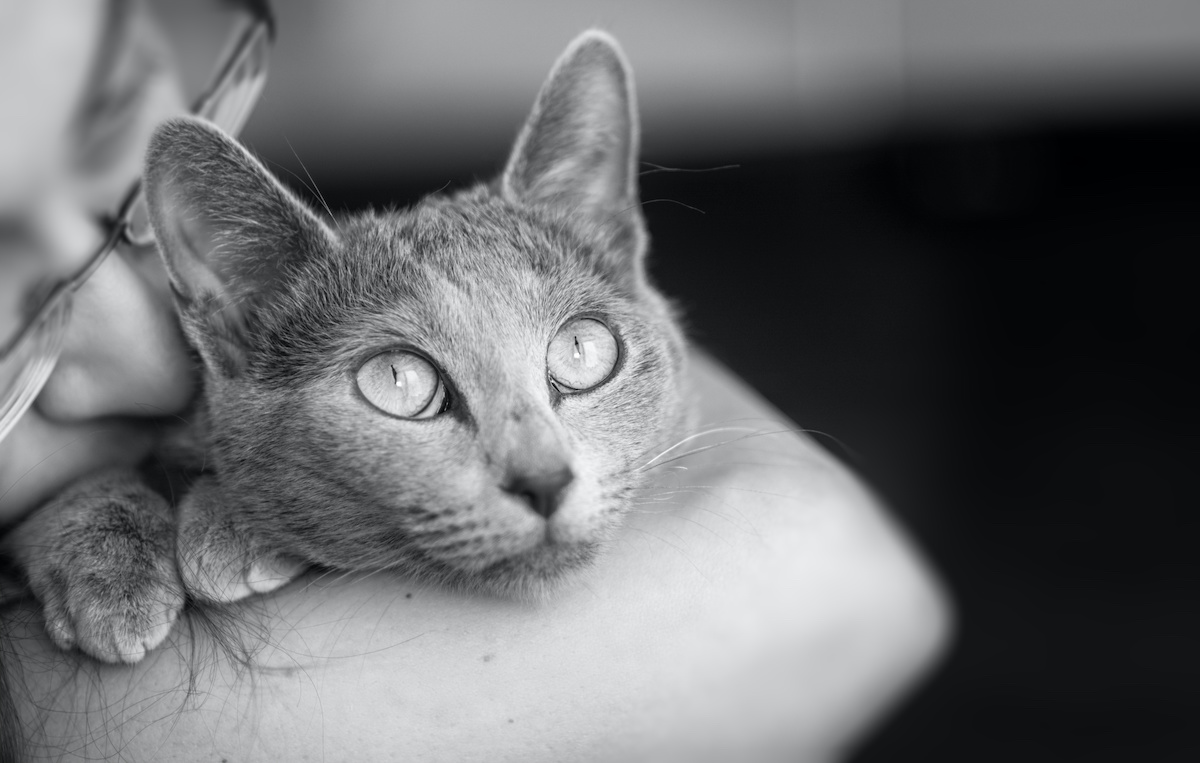 Anxiousness typically isn’t something that comes to mind when we talk about cats. Yet, it is quite true that cats experience stress and anxiety. Consider the fact that, during the COVID-19 pandemic year, your cat has adapted to your constant presence at home. It’s easy to see how even the most independent feline can be succediblt to separation anxiety when their owner isn’t around for days.
Anxiousness typically isn’t something that comes to mind when we talk about cats. Yet, it is quite true that cats experience stress and anxiety. Consider the fact that, during the COVID-19 pandemic year, your cat has adapted to your constant presence at home. It’s easy to see how even the most independent feline can be succediblt to separation anxiety when their owner isn’t around for days.
What does Cat Separation Anxiety look like?
To animal behaviorists and veterinarians, cat anxiety is determined by looking at the context of behaviors and a pattern of behavior displayed by your cat:
Separation anxiety is an emotional response triggered by separation from the person or the companion pet with whom a cat has bonded. Distress due to separation anxiety ranges from mild to severe.
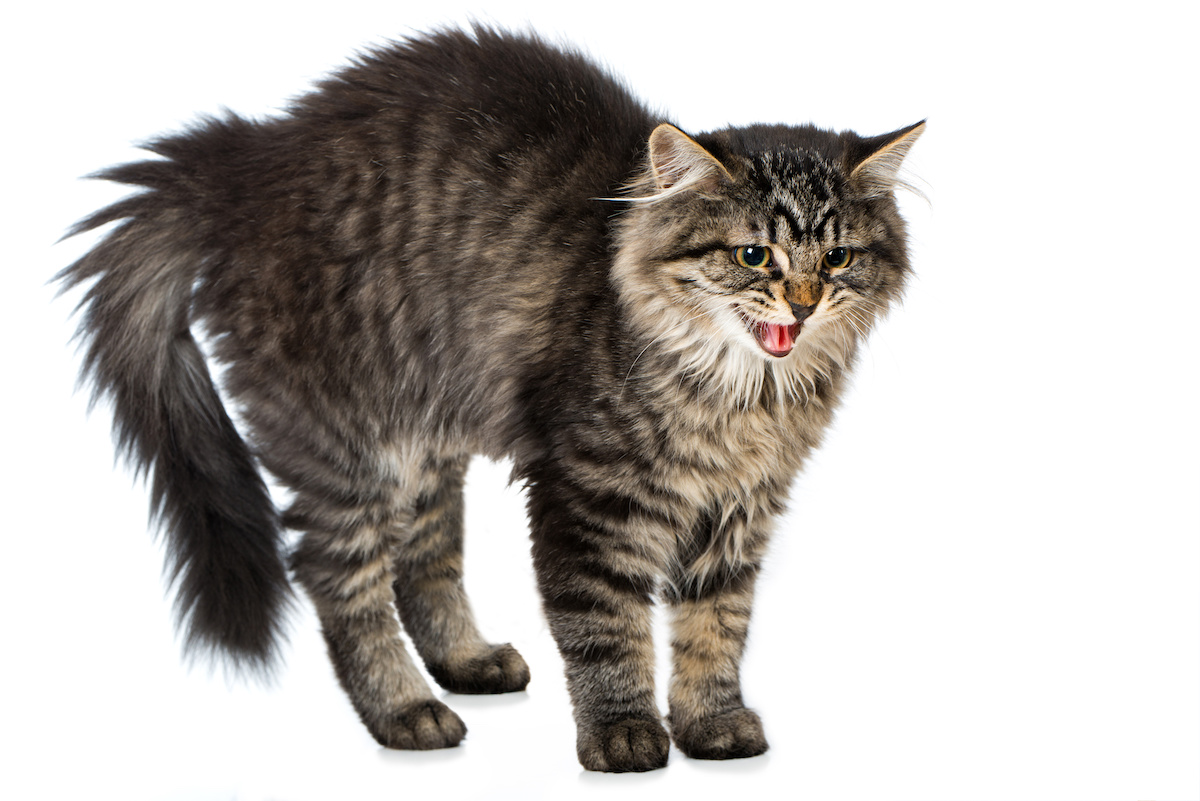 A lot of undesirable behaviors displayed by a cat get labeled as separation anxiety when in fact, those behaviors have nothing to do with anxiety. It’s common for the initial signs of separation anxiety to be misinterpreted by cat owners. For example, just because your cat has shredded a hole in brand new bath rug doesn’t mean she was anxious. Kitty may just have found it intensely satisfying to explore the cool new object, got their claws hooked on a few strands of yard, and kitty playtime ensued!
A lot of undesirable behaviors displayed by a cat get labeled as separation anxiety when in fact, those behaviors have nothing to do with anxiety. It’s common for the initial signs of separation anxiety to be misinterpreted by cat owners. For example, just because your cat has shredded a hole in brand new bath rug doesn’t mean she was anxious. Kitty may just have found it intensely satisfying to explore the cool new object, got their claws hooked on a few strands of yard, and kitty playtime ensued!
The crucial piece of information the professionals look for is this: when do these undesirable cat behaviors occur.
If the behavior problems occur exclusively when the favorite, bonded individual is absent, that is a strong indication that your cat is experiencing separation anxiety. Usually, these behaviors occur within minutes of being apart, do not remit, and escalate over time.
How do I Know if my Cat has Separation Anxiety?
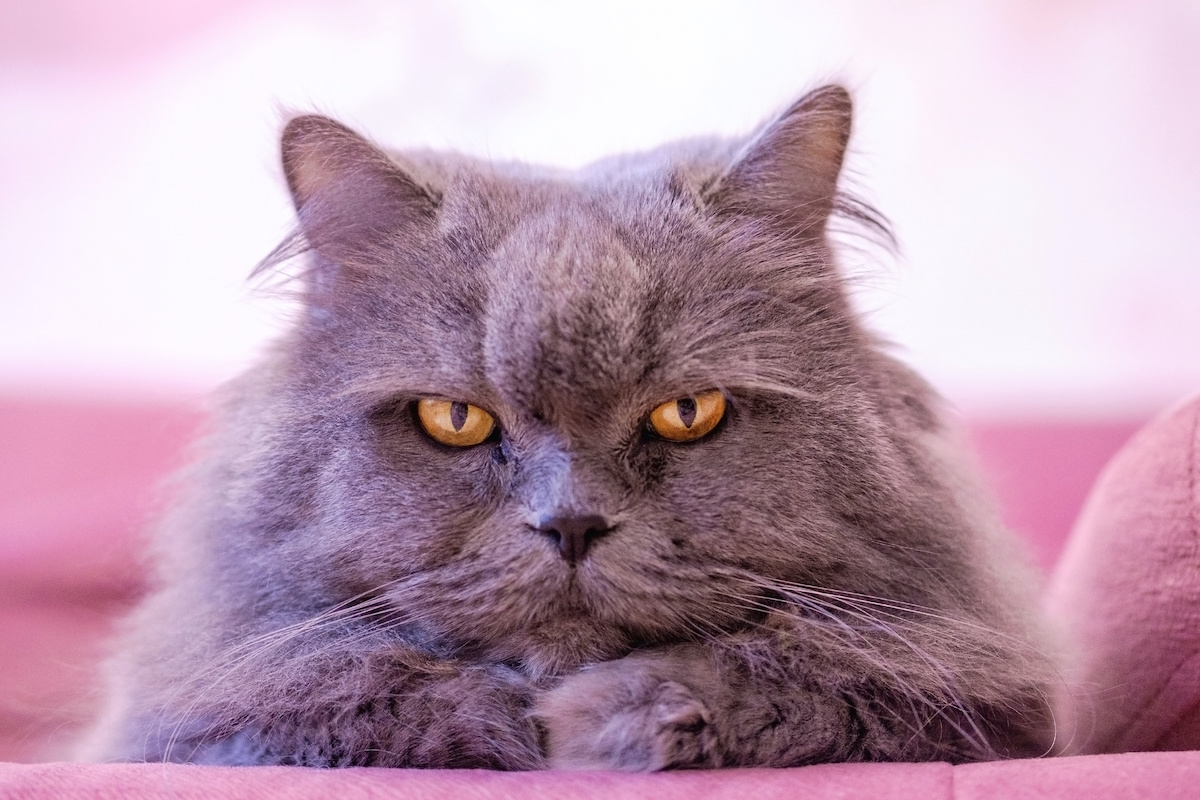 Cats can show separation anxiety in a few different ways, as listed below. Just remember that these behaviors have to occur with a period of time after separation from the companion::
Cats can show separation anxiety in a few different ways, as listed below. Just remember that these behaviors have to occur with a period of time after separation from the companion::
- Excessive vocalization (crying, moaning, meowing)
- Excessive self-grooming
- Changes in eating pattern (not eating, overeating, eating too quickly)
- Elimination in inappropriate places around the home
- Vomiting, food or hair often are contained in the vomit
- Frantic, exuberant, excited behavior that is not typical upon the owner’s return
- Destructiveness, such as shredding curtains or furniture or knocking over objects
Inquire with a trusted veterinarian about behaviors such as these.
Prepare Your Cat for When You Go On Vacation
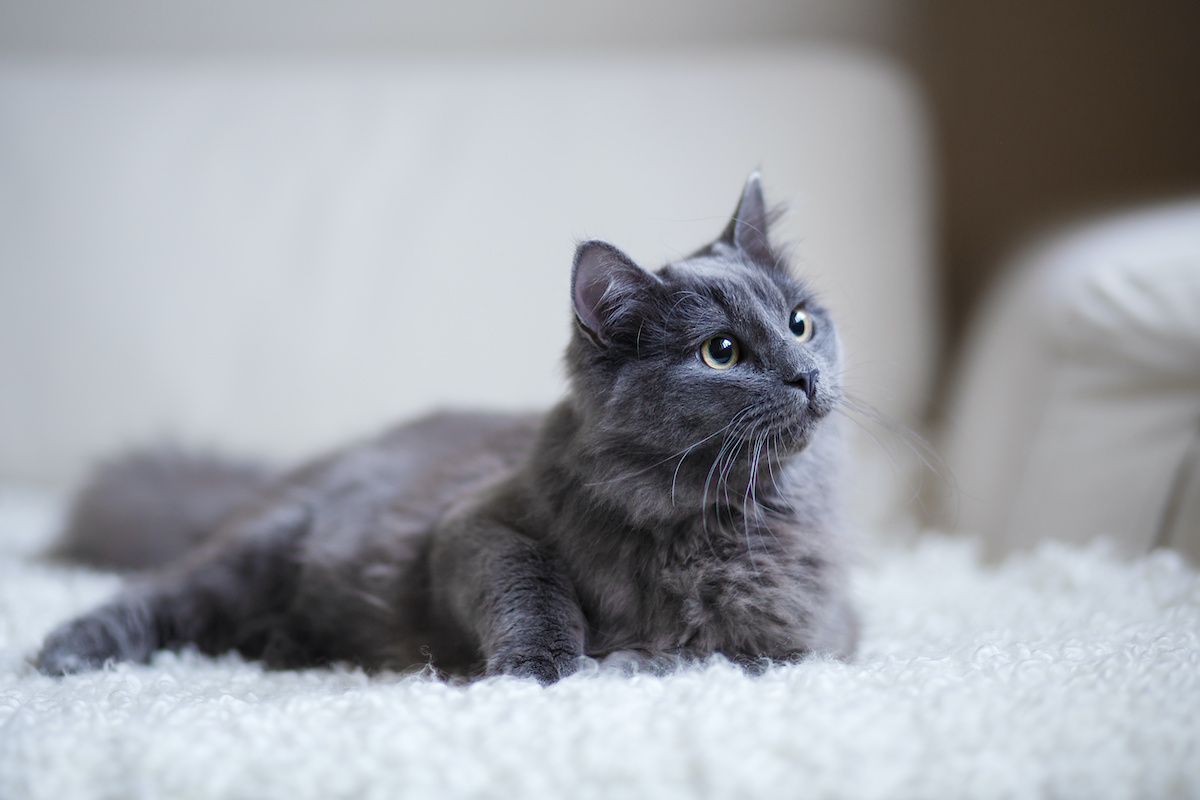 Many of us are getting ready for our first vacation in over a year. In the past, you probably set out the refillable food and water dishes and left your feline friend to take care of herself. Now, however, your cat has become accustomed to your perpetual presence at home. It may not be so easy for them when you depart for hours and days for vacation. Fortunately, it is quite easy help your cat adjust to your long-term absence, rather than relying on the way you use to do things only to come home to a tragedy.
Many of us are getting ready for our first vacation in over a year. In the past, you probably set out the refillable food and water dishes and left your feline friend to take care of herself. Now, however, your cat has become accustomed to your perpetual presence at home. It may not be so easy for them when you depart for hours and days for vacation. Fortunately, it is quite easy help your cat adjust to your long-term absence, rather than relying on the way you use to do things only to come home to a tragedy.
The following steps can help you prepare your cat for remaining at home while you are on vacation. These steps should be done as test-runs that allow you to observer your cat, intervene in problem areas, and have the time to get appropriate support for signs of anxiety.
1. Extend the Amount of Time You Spend Away from Home Each Day
A few weeks before vacation, start to spend varying lengths of time outside the home. You want to work up to being away from the house for a full day or even better, overnight before you head out for vacation. Upon your return each time, note your cat’s behavior.
2. Make Departure and Separation Easier for Your Cat
- Leave the music playing while you are home and when you are not there
- Keep arrivals and departures simple: Don’t make a big fuss about “saying good-bye.”
- Minimize departure cues: how you jingle your keys, where you put on your shoes
- Create a nook for your cat that serves as their safe space
- Provide lots of toys / puzzles to keep them busy
- Channel prey instincts by hiding food in toys
- Try an aromatherapy diffuser to provide a calming scent for your cat (Check with your vet first as some essential oils are poisonous to cats. Keep out of reach of kitty!)
If these strategies are not successful and your cat’s separation behaviors are concerning, speak with your vet before giving your cat any type of medication, including herbs. And, never give your pet a medication intended for humans!
Integrative, Compassionate Veterinary Healthcare for Your Pet
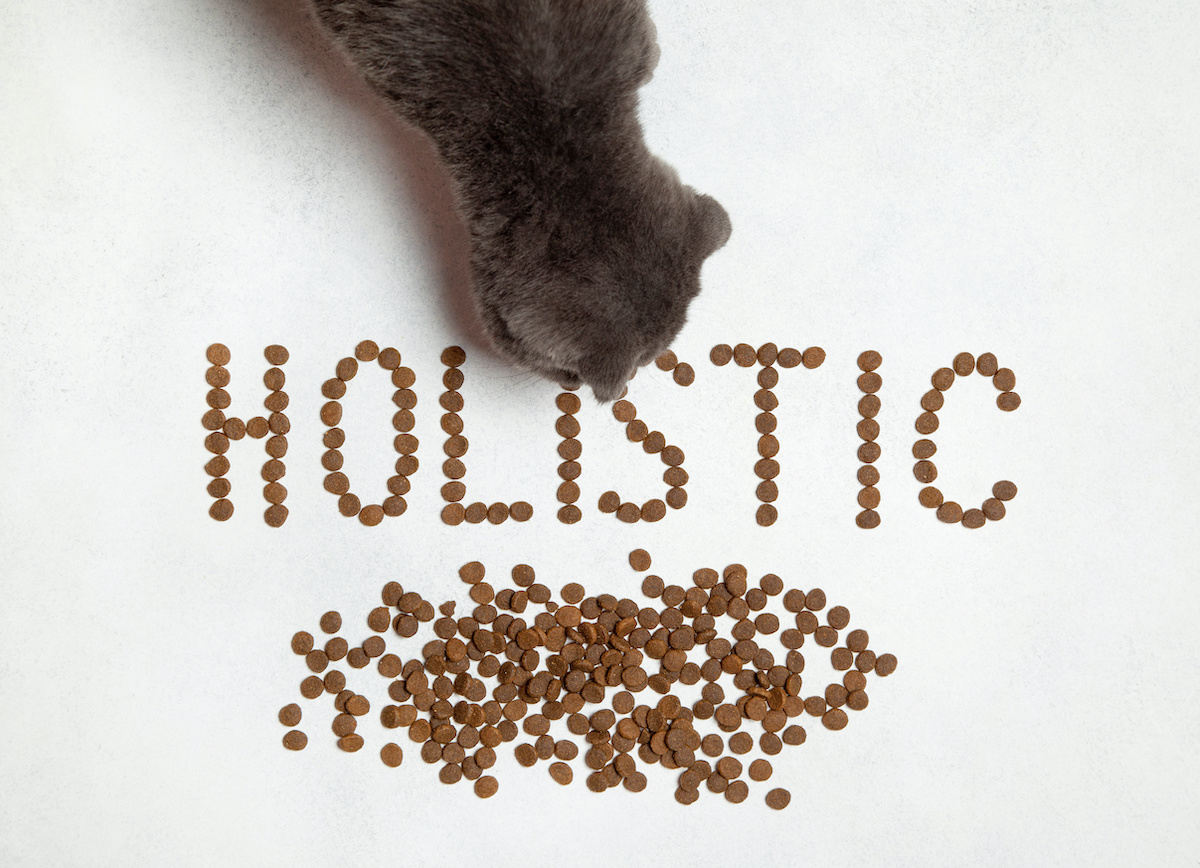 When it comes to truly integrative pet healthcare, look no further than MainStreet Veterinarians. Dr. Moorehead is trained in both conventional and holistic veterinary medicine. His compassion, expertise, and friendly demeanor shine through in every aspect of veterinary care.
When it comes to truly integrative pet healthcare, look no further than MainStreet Veterinarians. Dr. Moorehead is trained in both conventional and holistic veterinary medicine. His compassion, expertise, and friendly demeanor shine through in every aspect of veterinary care.
We invite you to contact us online or call us today at 770-498-4620 to schedule an appointment for your pets’ first truly integrative wellness check.
Main Street Vets @ Stone Mountain June Clinic Special Offer
Every month we offer specials on services at the clinic. This month the specials include:
- $75.00 OFF Spay or Neuter with Blood Profile
- $5.00 OFF Full Groom
- FREE Exam with Full Vaccination Set
[/fusion_text][/fusion_builder_column][/fusion_builder_row][/fusion_builder_container]



